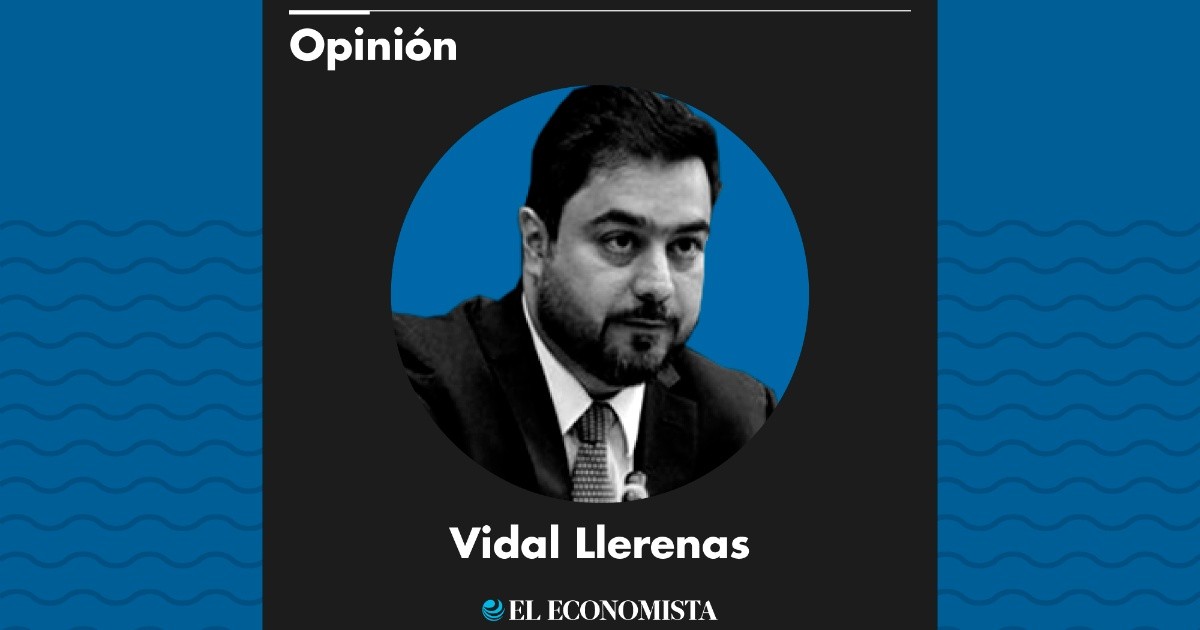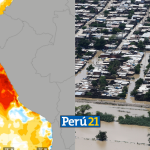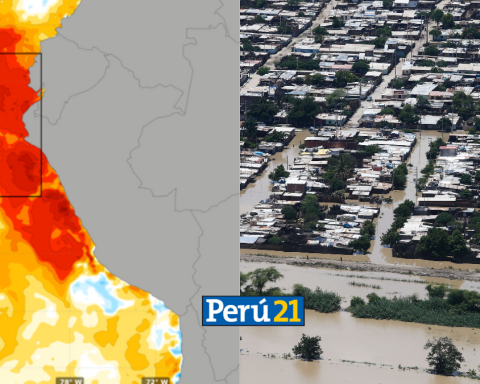At least not to those established under the so-called Fintech Law, which basically regulates wallets, electronic means of payment and collective funding activities. All these activities are very important for advancing financial inclusion, they open up great business opportunities and bring many services closer to the population, but they are not the only means for digital innovation to improve people’s opportunities.
In reality, a good part of the financial services offered by the digital ecosystem is developed through other regulatory figures, such as Sofipos or Sofoms, to also offer savings and credit alternatives to the population, not only payment alternatives, by digital means. and with the use of schemes, such as data analysis, that allow access to sectors not served by traditional banking.
Eventually the law will have to be modified, to broaden its scope, but for now the important thing is to advance in regulation and authorizations that accelerate the start-up of digital financial projects through different channels. With these institutions, society does not incur greater risks, since each firm will have to be evaluated and supervised according to the activity it carries out, but they can exponentiate access, due to the facilities offered by technology. The goal should be that more and more financial products are offered digitally. This also requires, as is the case for traditional banking, advancing in increasingly robust platforms that guarantee cyber security. Actually, the financial institutions that already operate high volumes offer the best guarantees in this field.
Financial inclusion is a great area of opportunity for the country. It is in terms of investment, since the country is particularly attractive to develop this type of services, of new financial institutions that are going to generate economic growth and employment.
The gains in productivity will be important, also those that have to do with the fight against illegality and even in the collection of taxes. The main one will be that millions of people will be able to have real savings, credit and insurance opportunities under reasonable conditions, when now they simply do not have access. This will allow financing services such as education or health, as well as supporting entrepreneurial activities.
Technological innovation will finally be able to generate competition in the financial sector, leading to serve neglected sectors, the rural sector, people who combine formal and informal jobs, but also young people, familiar with technology, who would not be willing to go to traditional banking.
Currently, according to the National Survey of Financial Inclusion (ENIF), only 24% of people in rural areas have formal credit, having to resort to informal sources such as loans from relatives, friends or acquaintances, while only 35% % of Mexican adults save through a financial institution. The solution, and very viable in the short term, is to promote the participation and growth of more digital finance companies in all its facets so that, regardless of the service they offer and the figure under which they operate, users have a greater variety of products and that these are safe, transparent and accessible.
The Fintech law is what it is and it serves its initial purpose, already exceeded, but it is not the solution to the problem of financial inclusion that we face. The question we have to ask ourselves is: How do we really drive digital finance in this country?
Twitter: @vidallerenas

















